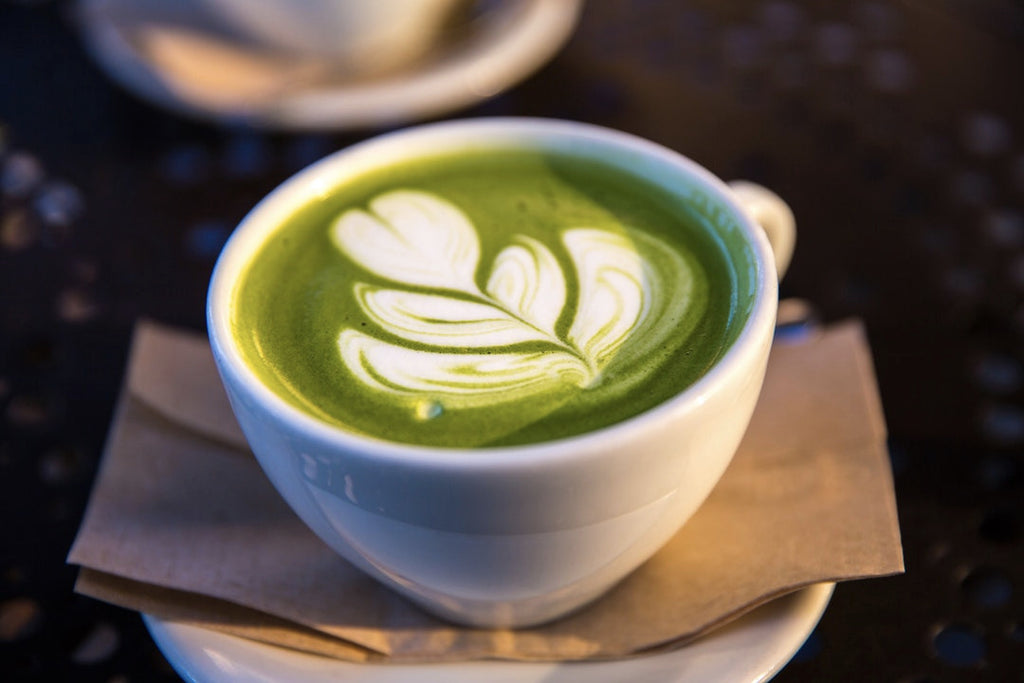Matcha Tea Caffeine Content: Everything You Need to Know
By Eric Brinkman

A healthy lifestyle begins the moment you wake up in the morning. Every decision you make from this point forward is what builds the habits that will shape your life.
There are many things you can do to ensure your day gets off on the right foot. From that first sip of water to what drink you have with breakfast, these decisions will affect how you feel for the rest of the day.
A broad demographic of people enjoy a nice cup of coffee in the morning to wake them up but what they don't know is the effects of the caffeine hit hard, generally within 30 minutes of consumption, causing you to become jittery for the next few hours.
For those that don't like the "weird" way coffee makes them feel, matcha is a great alternative. Matcha tea caffeine releases slow, yet it allows the person consuming it to wake up naturally without the jittery side effects.
How Much Matcha Tea Caffeine Is in a Cup
It all depends on how big of a cup you're consuming. For the sake of argument let's say you're drinking an average size cup of matcha tea (12-16 oz) then you will yield around 38-54mg of caffeine. An 8-12 oz mug will produce about 28mg of caffeine.
With more than just caffeine included in matcha, there are numerous health benefits to having your daily cup of matcha tea. Let's take a look at some of the other ways matcha is good for you.
Benefits of Matcha
Known for relieving stress matcha green tea has many wonderful properties that are good for your system. The stress relieving amino acid L-Theanine is five times higher in matcha than in any other green or black teas.
Not only does this help those stress levels but some have theorized that it may also help with cardiovascular disease and type 2 diabetes. If you ever wonder about the numerous benefits of matcha, you can always contact a matcha distributor who would be happy to answer your questions.
How Much Is Too Much
With coffee being so addictive, we get asked if matcha has the same addictive properties as coffee. What's important to understand is that the addictive aspect of matcha or coffee is in the caffeine.
Caffeine addiction is a real thing, and the withdrawal symptoms can be difficult. Like everything in life, we stress moderation, and this includes matcha consumption. Matcha is not bad for you by any means but too much caffeine is, so try and limit your consumption to around 3 cups a day and you will be fine.
Matcha Equals Happiness
There is nothing better than a hot (or iced) cup of matcha. The aromatic sweetness of matcha makes it a go-to drink for people of all ages, and it's bright green color helps to brighten your day.
The matcha tea caffeine helps maintain its ability to keep people alert yet calm. This is what makes it a favorite among tea drinkers and an option everyone should try.
